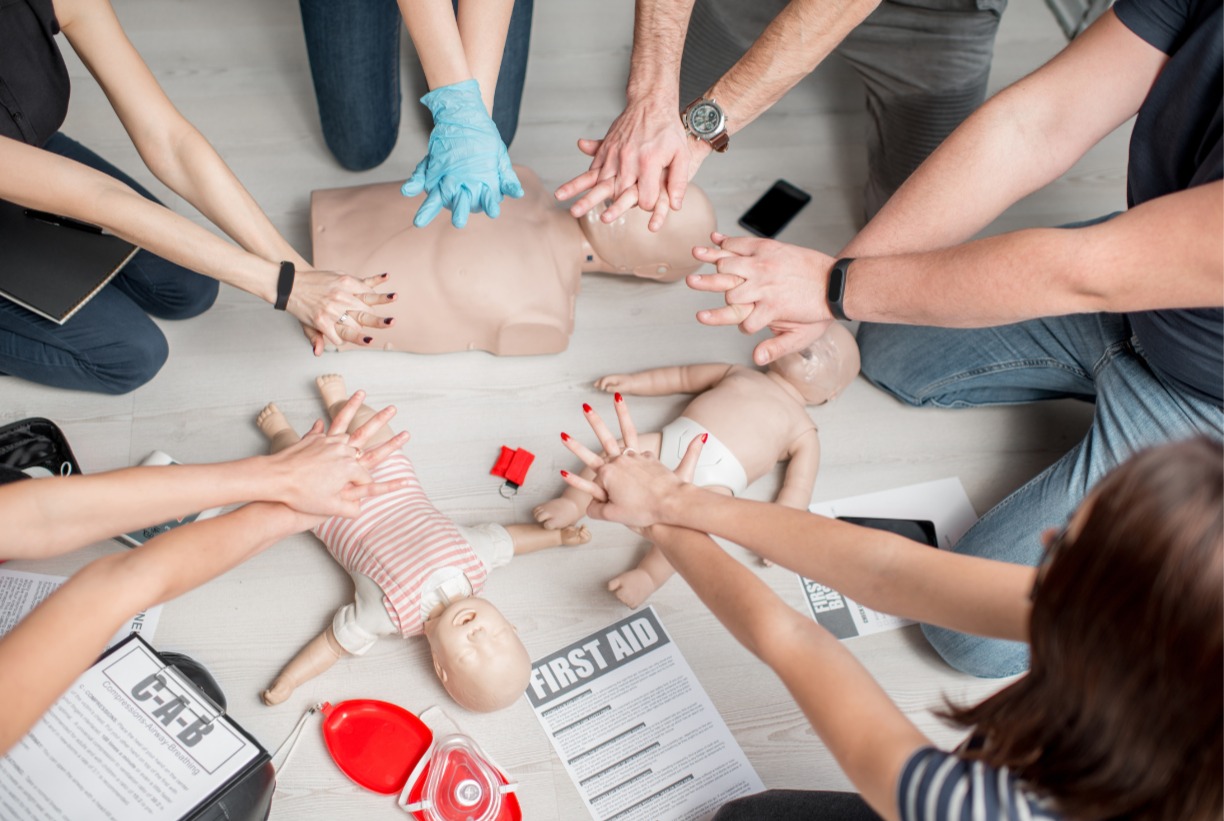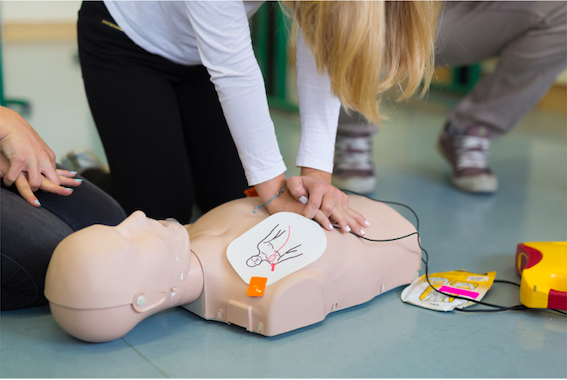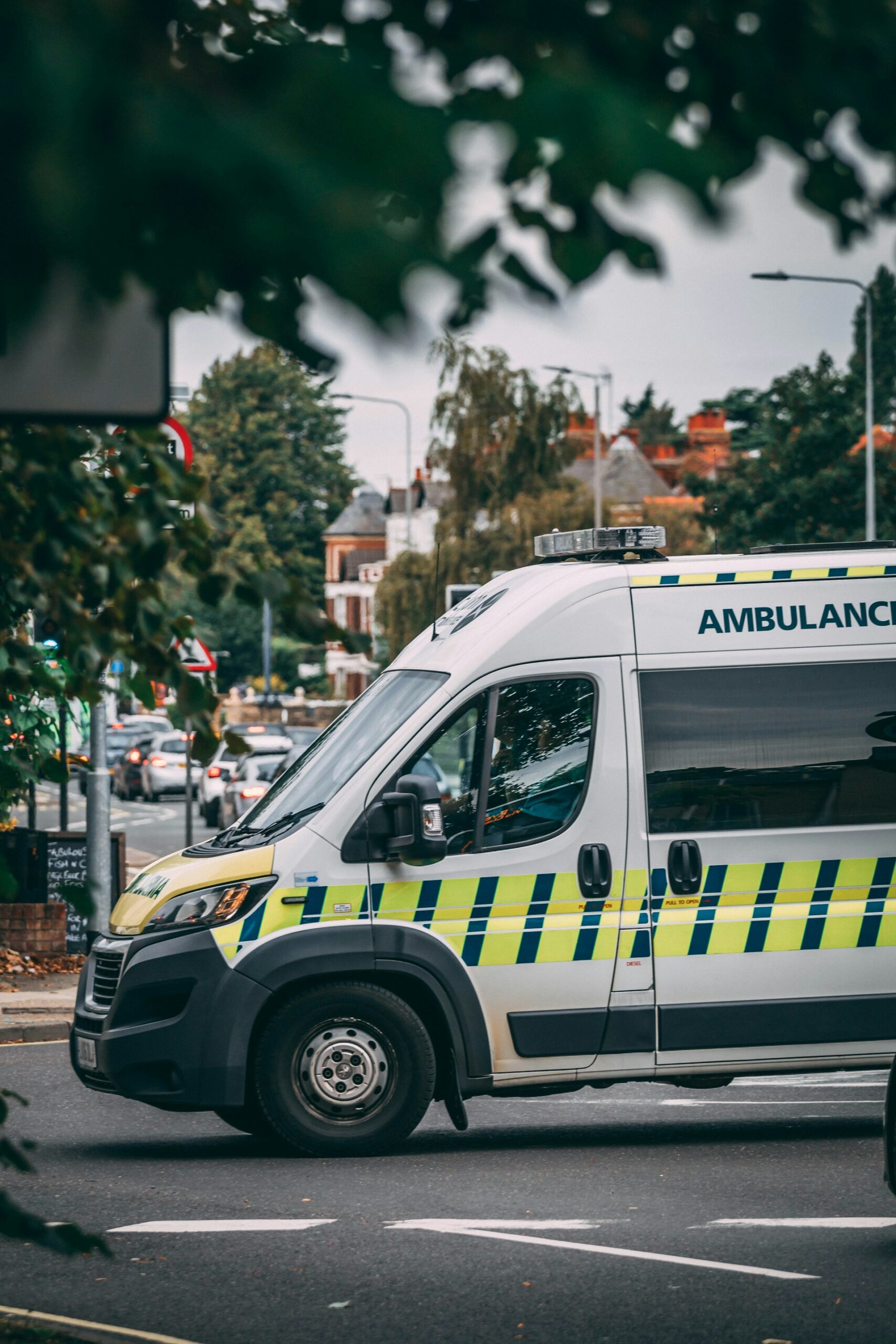If you or someone you know has experienced a heart attack, you’ll understand how crucial it is to recognise the symptoms early and seek medical attention immediately. Acting quickly by calling 999 can save lives, but identifying the signs isn’t always straightforward.
Heart attack symptoms can vary from person to person and may present differently in men and women. In this post, I have outlined the common signs to watch for and share what to do in the event of a heart attack.
What is a heart attack?
We all know that heart attacks are serious, but understanding what happens during one can be just as important as recognising the symptoms.
A heart attack occurs when blood flow to the heart is significantly reduced or blocked, usually due to a buildup of fat, cholesterol, or other substances in the coronary arteries. This buildup, called atherosclerosis, can cause plaques to form along the artery walls.
Over time, these plaques can rupture, triggering a blood clot that blocks blood flow. Without oxygen-rich blood, the heart muscle can become damaged or die. If left untreated, a heart attack can be fatal, which is why prompt medical intervention is vital.
Common signs and symptoms
Heart attack symptoms can vary widely, and not everyone experiences them the same way. In fact, 25% of heart attacks occur without chest pain. Here are the most frequently reported symptoms:
- Chest Pain or Discomfort: A “vice-like” or tight pressure in the chest, often mistaken for indigestion. This pain may radiate to the arms (commonly the left), neck, jaw, back, or shoulders.
- Skin Discoloration: The skin may turn pale or take on a greyish tone.
- Cold Sweats: Profuse sweating or sudden cold sweats.
- Shortness of Breath: Difficulty breathing, even when resting.
- Irregular Pulse: A pulse that feels irregular or skips beats.
- Dizziness or Lightheadedness: Feeling faint or unsteady.
- Nausea or Vomiting: Especially common in some cases and can happen suddenly.
- Sense of Impending Doom: A sudden, overwhelming feeling that something bad is about to happen, a symptom often noted by medical professionals.
Women and Heart Attack Symptoms
Women are less likely to experience the classic chest pain associated with heart attacks. Instead, symptoms like jaw pain, sharp discomfort in the neck, arms, or back, and extreme fatigue are more common.
What to do if you suspect a heart attack?
If you or someone nearby is experiencing symptoms of a heart attack dial emergency services (999) immediately. If you can’t access a phone, go to the nearest hospital, but only drive yourself as a last resort.
What happens after you’ve called emergency services?
After calling the emergency services you can help by keeping the person stable. It can feel scary, but it is important that you keep the person as calm and comfortable as possible.
For more detailed guidance, check out this helpful video on steps to take after identifying heart attack signs and symptoms.
How to prevent a heart attack
While heart attacks can happen to anyone, there are ways to reduce the risk:
- Exercise Regularly: Maintain an active lifestyle to support heart health.
- Adopt a Healthy Diet: Focus on heart-friendly foods like fruits, vegetables, and whole grains.
- Quit Smoking: Smoking significantly increases the risk of heart disease.
- Manage Health Conditions: Keep conditions like high blood pressure, diabetes, and high cholesterol under control with regular checkups and medication.
- Learn CPR and AED Use: Being trained in CPR and using an automated external defibrillator (AED) can make all the difference during a cardiac emergency. I have many upcoming courses to attend, so take a look at my events calendar for more information.
Training to deal with heart attacks at First Class First Aid
At First Class First Aid, I believe life-saving skills are essential for everyone. Our courses include first aid training, CPR, and AED use, ensuring you’re prepared for emergencies.
Delivered by a fully qualified instructor, my training meets nationally recognised standards and complies with HSE and Ofsted requirements. Get in touch via my website or call me on 01603 336329 to book a course.





